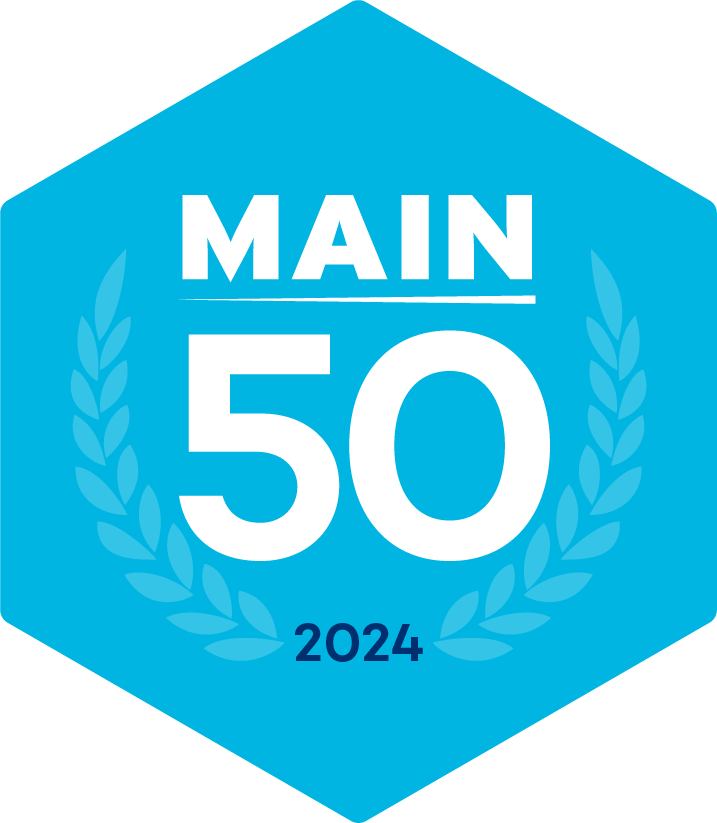Join HERpower for an inspiring conversation with Rein, an advocate for diversity in tech and the founder of Clusity.
With an approach that blends technology and social innovation, Rein is on a mission to ensure that the tech industry reflects the vibrant diversity of our society.
Meet Rein!
Bio
Meet Rein Meirte, one of the founders of Clusity, a dynamic community of women in tech connecting through inspirational stories and impactful events. With a background in innovation management, tech, and business, Rein brings a future-oriented perspective to Clusity’s mission.
Alongside her partner Elke Kraemer, who boasts over 25+ years of expertise in tech, marketing, sales, and strategy, Rein co-founded Clusity in 2021. Together, they’ve successfully connected over 2000+ women in tech, aided 20+ companies on their journey towards inclusion and diversity, and organized 80+ transformative events. Beyond her entrepreneurial endeavors, Rein is an advocate for sustainability and social justice with a broad spectrum of interests like travel, permaculture, photography to gaming, and sustainable fashion, embodying her ‘multipotentialite’ spirit as she strives to leave a positive impact on the world through Clusity’s mission.
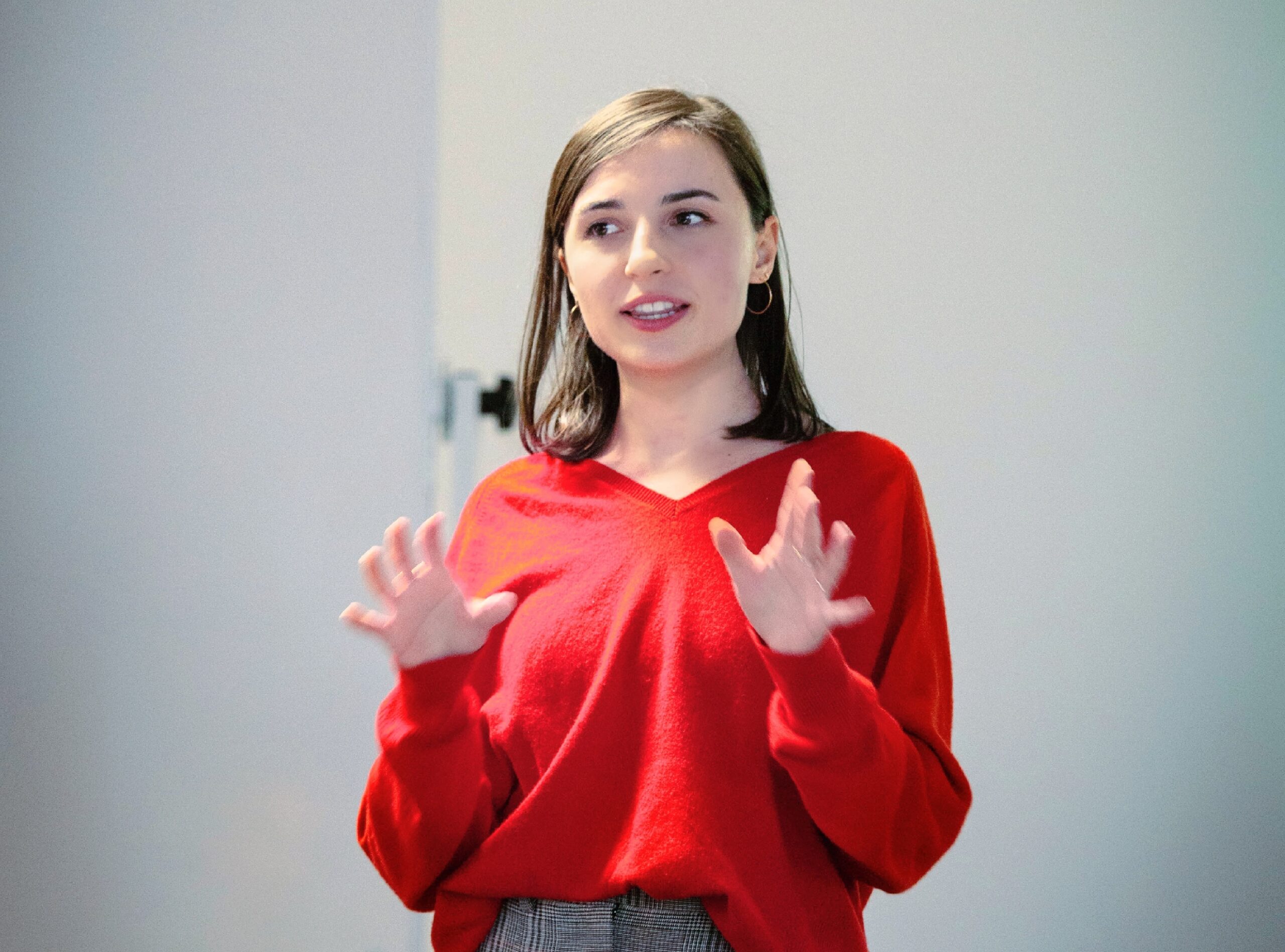
The Conversation
Question: Welcome to HERpower! Can you tell us a bit about yourself?
Rein: I’m Rein Meirte from Belgium. I’ve lived in South America, particularly in Bolivia and Cuba, for a few years. Three years ago, I founded a community for women in tech called Clusity. My background is in innovation management, which I studied in Brussels. Before starting Clusity, I worked in an IoT company focused on innovation and digital marketing. That’s where I met Elke Kraemer, Clusity’s co-founder, who has been a mentor and inspiration for me.
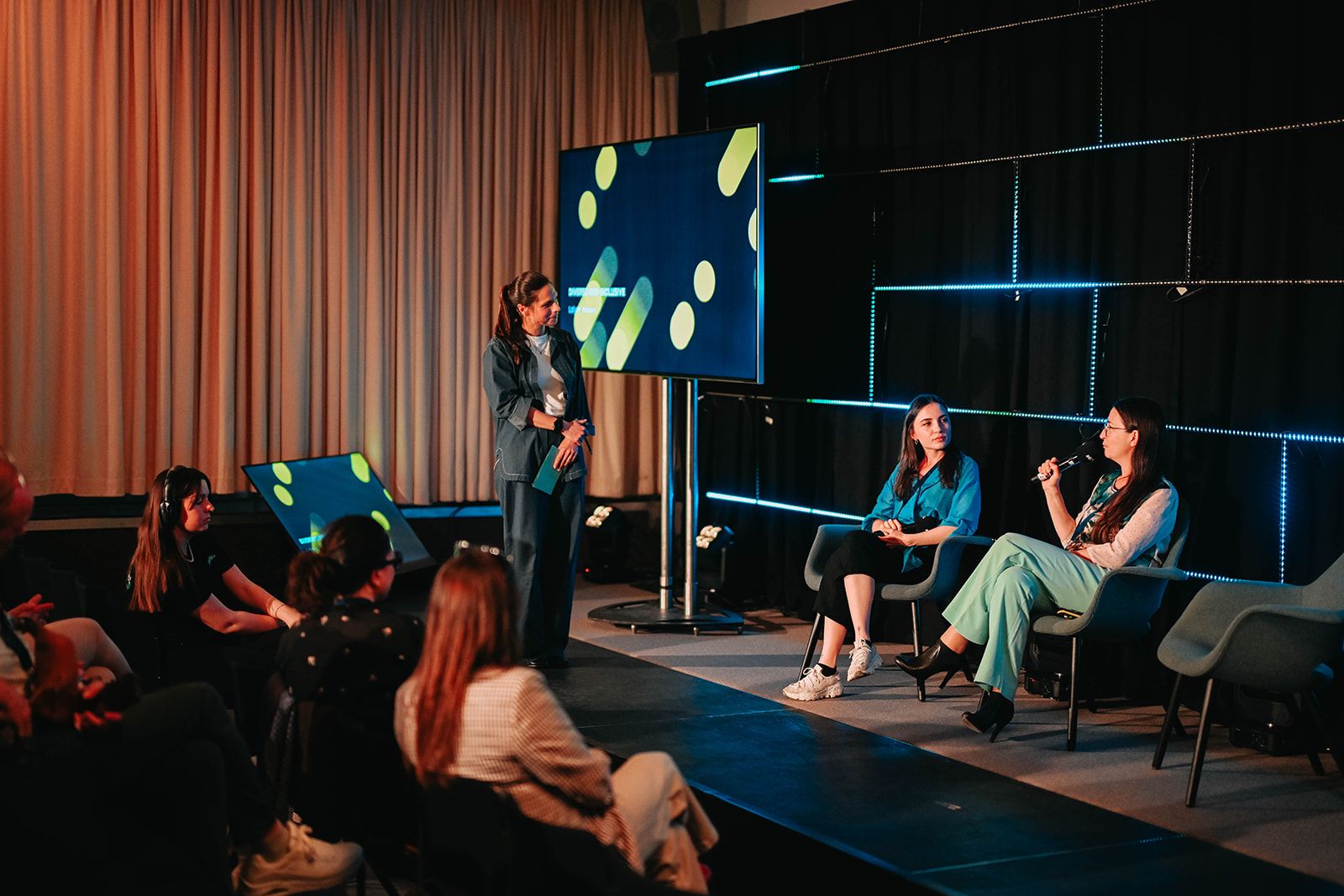
Question: What inspired you to start Clusity?
Rein: I’ve always been interested in both technological and social innovation and wanted to bring those two aspects together.
I was concerned about the lack of diversity in tech. Technology is now everywhere; nearly every job involves some interaction with it. But if the people creating technology come from a narrow demographic; it limits how we shape our world. The tech sector is still mostly male and white, which creates a disconnect.
As society becomes more diverse, it’s crucial that technology reflects that diversity. The products we develop should mirror the needs and experiences of a broad range of people. I wanted to be part of the change that helps bridge this gap.
I see tech as a field full of opportunities. Unfortunately, many women don’t see these opportunities because tech jobs aren’t marketed to them. That’s a lost chance for both individuals and the tech industry, especially regarding economic stability for underrepresented groups.
Question: That’s a powerful perspective. You mentioned that you conducted research before launching your community. Can you tell us more about that process?
Rein: Absolutely! We spent six months interviewing women and men at various levels in tech—from developers to C-suite executives. We wanted to understand the industry’s views on diversity and women in tech. What we found was quite revealing. Many companies recognize the importance of diversity, but they struggle with allocating budgets and resources for actionable steps. There’s a willingness to change, but often a lack of concrete actions.
Through our research, we discovered that the issue extends beyond recruitment; it impacts the entire pipeline, from entry-level to leadership roles. A staggering 60% to 80% of new hires come through existing employees’ networks. This creates a cycle where people tend to hire others who are similar to themselves, which perpetuates the existing demographics. In a male-dominated industry, this leads to a lack of diversity. For instance, when I see an IT classroom full of men, I find it hard to envision myself there.
This perception affects the industry as a whole, but we can flip this to our advantage. If this bias works for men, it can work for women too. By showcasing female role models, we can attract more women who identify with them. Promoting these role models helps create a sense of representation and encourages more women to see themselves in tech.
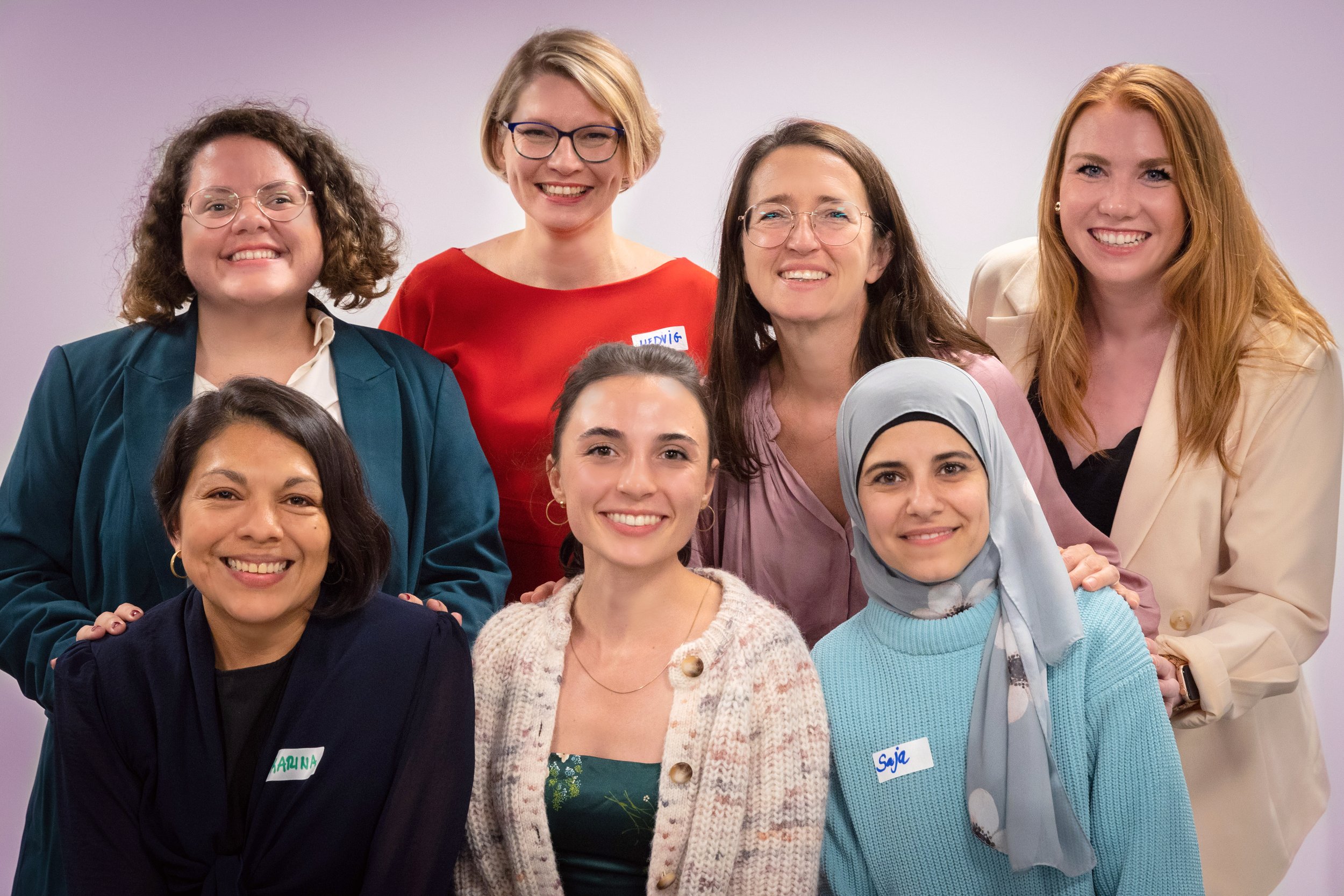
Question: How did this insight shape your approach with Clusity?
Rein: It inspired us to create a community and networking organization. We started hosting events and sharing role models’ stories. Our events reflect the diversity of our speakers, and it’s amazing to see how the audience mirrors that. In three years, we’ve hosted around 70-80 events and built a community of over 2,000 women in tech in Belgium.
Soon after, companies began approaching us, saying they wanted to hire female talent but couldn’t find them. They noticed we were attracting women to our events and wanted our help. We’ve developed offerings for companies at different stages of their diversity and inclusion journeys.
Question: How do you assist companies looking to hire women in tech?
Rein: We developed two tracks for companies. One is for companies that aren’t ready to promote themselves authentically and need help with their inclusion strategies. We offer workshops and consultancy to help them build a vision around diversity and inclusion. The other track is for companies that are already doing well in terms of gender diversity. We assist them with employer branding, communication strategies to attract female talent, and specialised recruitment.
We also collaborate with universities, high schools, and nonprofit organizations. For example, I recently spoke at Campus 19, which focuses on getting more people into the tech industry through unconventional education methods. We aim to support each other and connect our members to various programs because we share the same mission. The more we collaborate, the greater the impact we can create.
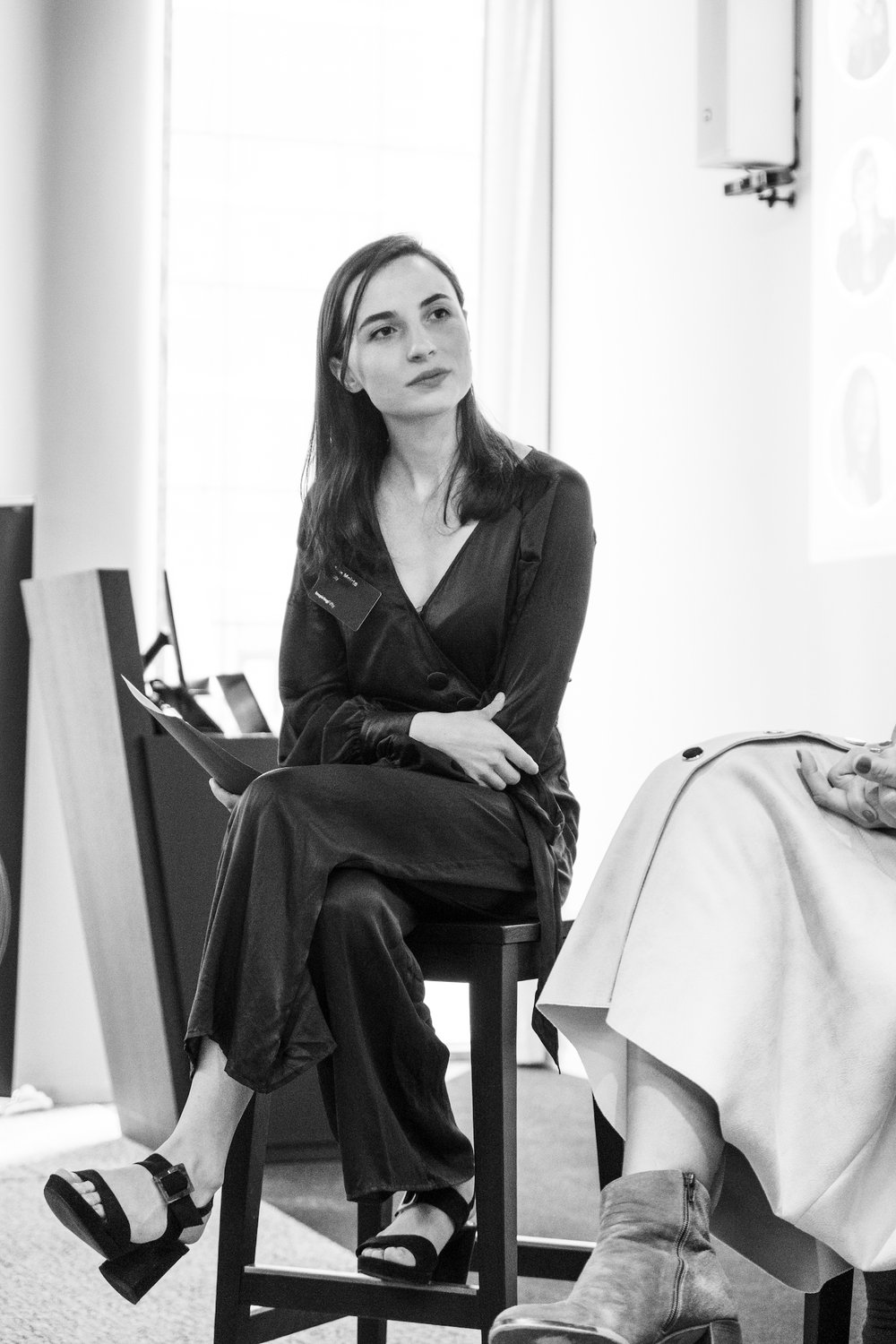
Question: What’s next for Clusity?
Rein: We’re looking to expand internationally and analyze women in tech networks in other countries. We’ve seen some countries improve gender diversity in tech over the past five years, while others have declined. We want to understand these dynamics better and share insights between Belgium and other countries. There’s still much work to do, but we’re committed to this mission.
Question: Can you share more about your personal journey and what motivates you? Was there a mentorship experience that influenced your career path?
Rein: I sometimes find that a difficult question because my journey feels like it all came together so naturally. I wanted to be an inventor or do something impactful, like being an astronaut or do something magical. That drive has always been part of who I am.
I’m not sure where it comes from since no one in my family is an entrepreneur. My parents are both academics—my dad’s a biologist, and my mom’s a psychologist. But even as a child, I had a knack for business. I played the violin and would perform on the streets during vacations to earn money for candy. I also collected shells from the beach, filled them with candle wax, and sold them for pocket money. It was just little things like that, but it showed my entrepreneurial spirit early on.
At 16, I grew frustrated with school. I was studying Latin and modern languages in Antwerp, but it just wasn’t working for me. I was a quick learner, but once I grasped a topic, the repetition bored me. Teachers thought I was undisciplined, but I just needed a different approach. So, I took control of my education by enrolling in the exam commission, a system in Flanders that allows people to take high school exams without attending classes. It was perfect for me. I studied on my own for five months and completed what would have been two years of high school at that time. That experience was a huge confidence boost, proving I had the skills and discipline to succeed outside the traditional system.
After that, I traveled to Bolivia and Cuba, where I taught violin and immersed myself in music and Spanish. I considered a career as a classical musician but realized I wanted a more formal education. I returned to Belgium and studied innovation management, a -back then- completely new program at EhB in Brussels. The program resonated with my desire for a creative, future-oriented career.
During my last year of studies, I interned with Elke Jeurissen, who had a community called Fierce Ladies, connecting professional women, mainly entrepreneurs. This experience opened my eyes to gender dynamics in the professional world. I learned so much from the women in that community, which shaped my perspective.
Elke became my first mentor. And after that, I met another Elke! Elke Kraemer, who has been my biggest supporter in my career, and my co-founder now. She has a wealth of experience in technology and has opened many doors for me.
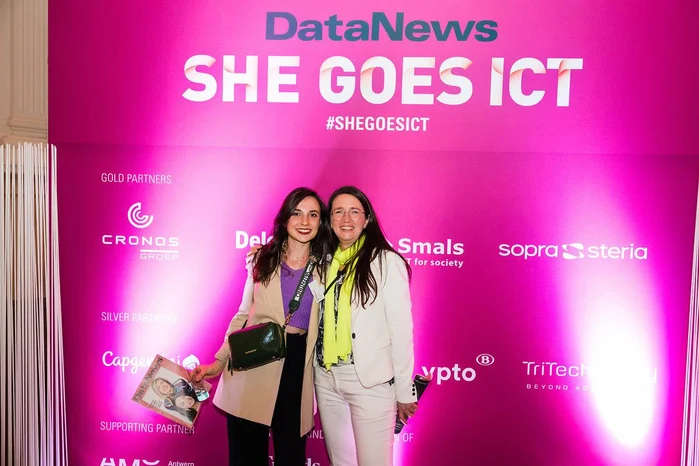
Question:That’s an interesting and unique path. As you entered the tech sector, what do you think are the common experiences or challenges that bring women closer together?
Rein: One of the key things we see when interviewing women in the tech industry is their strong desire to stay and grow in this field. Tech offers the chance to make a significant impact, and many women find satisfaction in seeing users benefit from their work, whether it’s through an application or code they’ve developed. It’s all about making life easier for others or providing valuable insights through the tools they create.
There’s also a shared passion for creating things. It’s interesting how many people who write code have hobbies like knitting, crocheting, painting, or other creative pursuits. This reflects a common desire to build and innovate.
For me, I enjoy both the technical and creative sides of my work. I’ve built our Clusity Platform and managed our database, but I also love gardening, painting, cooking, and photography. This blend of technology and creativity is a strong theme among many women in tech.
When we ask women about their job passions, they often focus on the people they help and the teams they collaborate with. It’s less about the technology itself and more about the connections and the collaborative environment.
This shared experience of wanting to solve problems and make an impact is what ties us together. Women in tech often feel a strong sense of community and support.
It’s important to create platforms where these stories can be shared so others know they’re not alone and can draw strength from those who have walked similar paths.
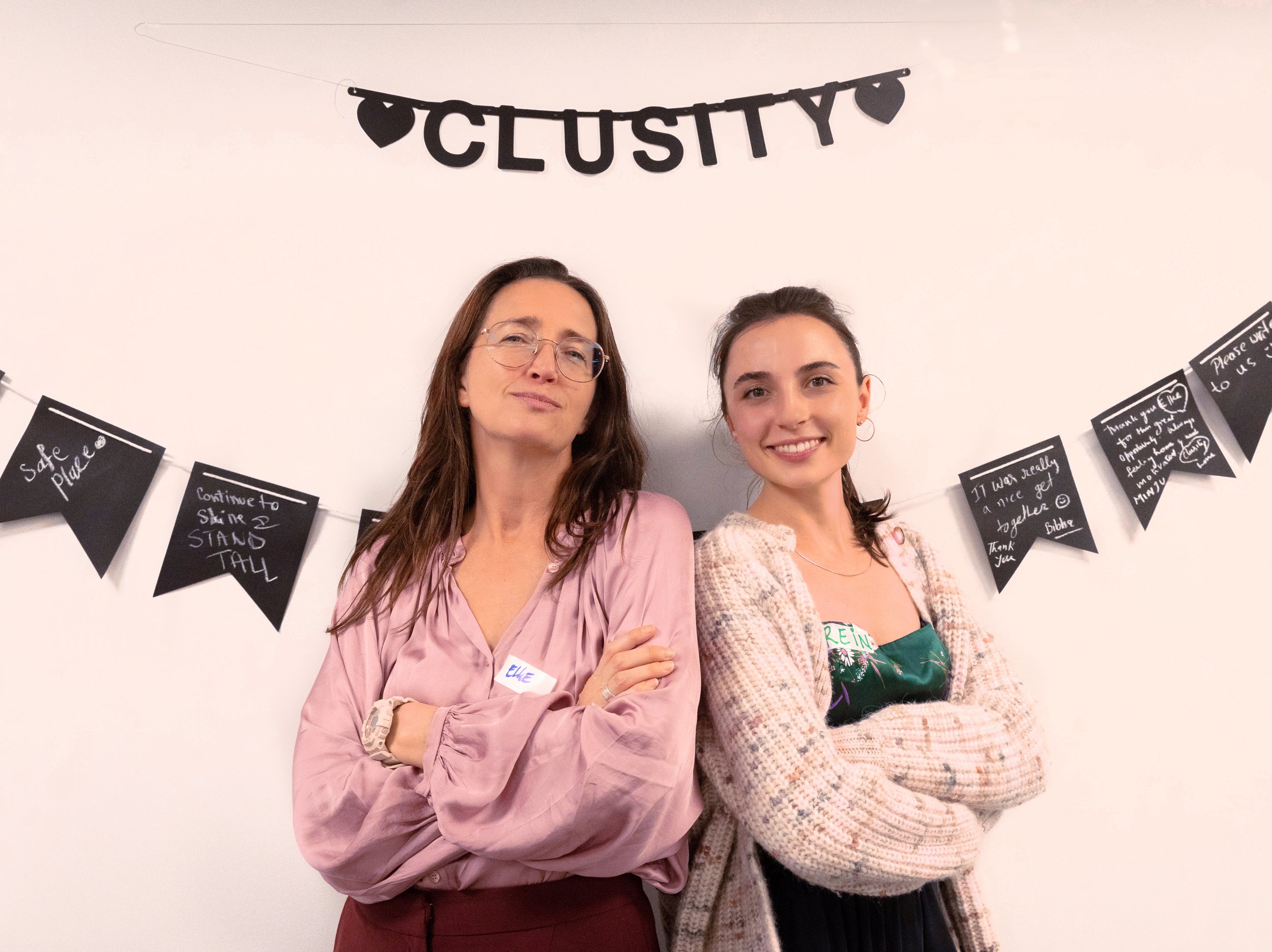
Question: If you could go back in time to the beginning of your journey, what advice would you give your younger self?
Rein: My mind immediately goes to the butterfly effect—what if I changed something and it impacted where I am today? I’m really happy with where I am now, but if we ignore that effect, I would tell myself not to be afraid to reach out to more people.
I often felt small as a young girl without realizing my potential. I wish I had sought mentors earlier on. It took time for me to gain that confidence and learn to network effectively. I should have recognized the importance of mentorship sooner.
Just because someone has a prestigious title doesn’t mean you can’t talk to them or ask for help.
Question: That’s solid advice! To wrap things up, can you share some interesting facts about Belgium and its culture? What would you like the world to know?
A lot of people think of Belgium as bland or unremarkable, but it’s actually a country full of hidden gems. There are so many beautiful spots, unique architecture, lively concerts, and lovely parks that often go unnoticed. Living here, you constantly discover these treasures, even in your own village.
Connect with Rein
If you wish to connect with Rein and learn more, seek advice, or share similar experiences, feel free to reach out to her via LinkedIn.
